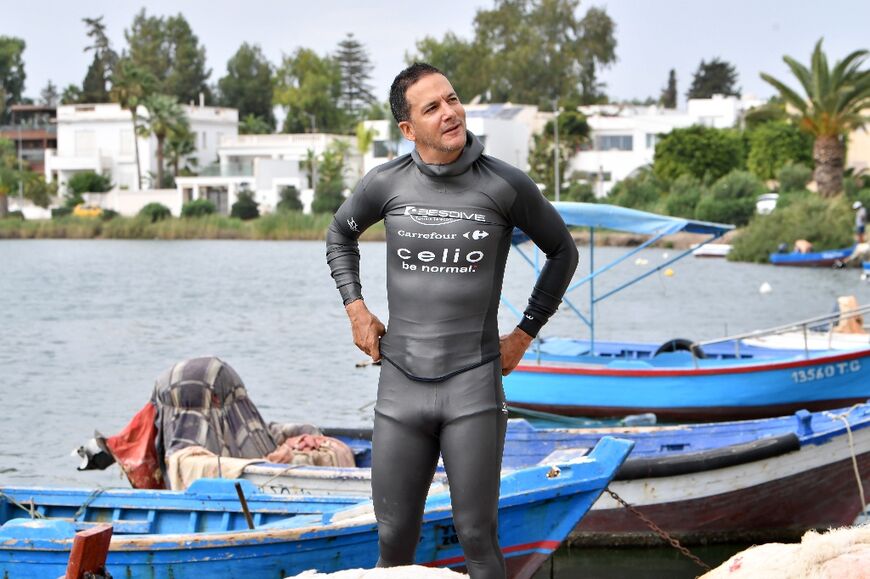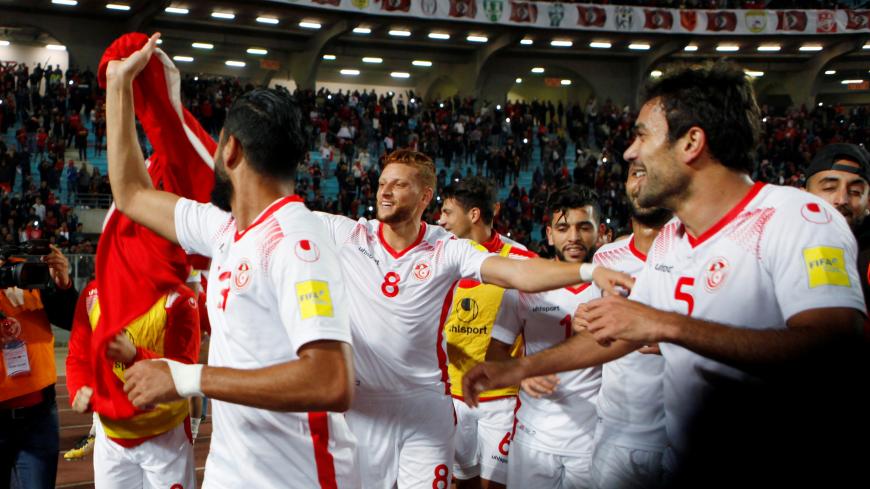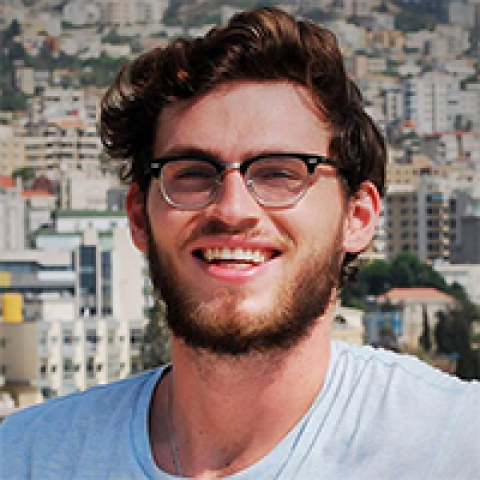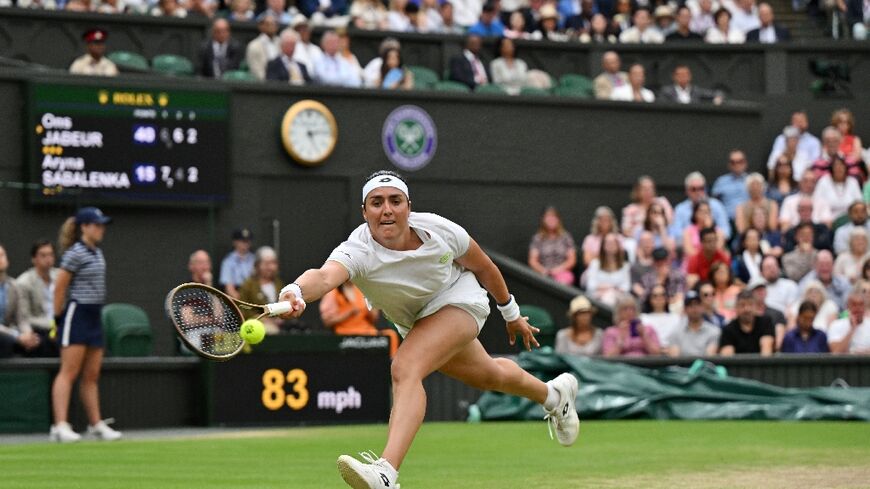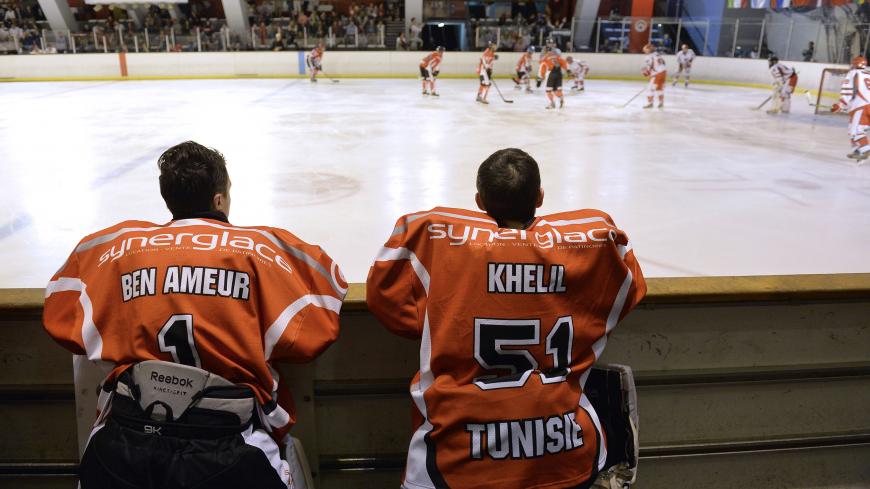Tunisian freediver Walid Boudhiaf eyes records and developing the sport
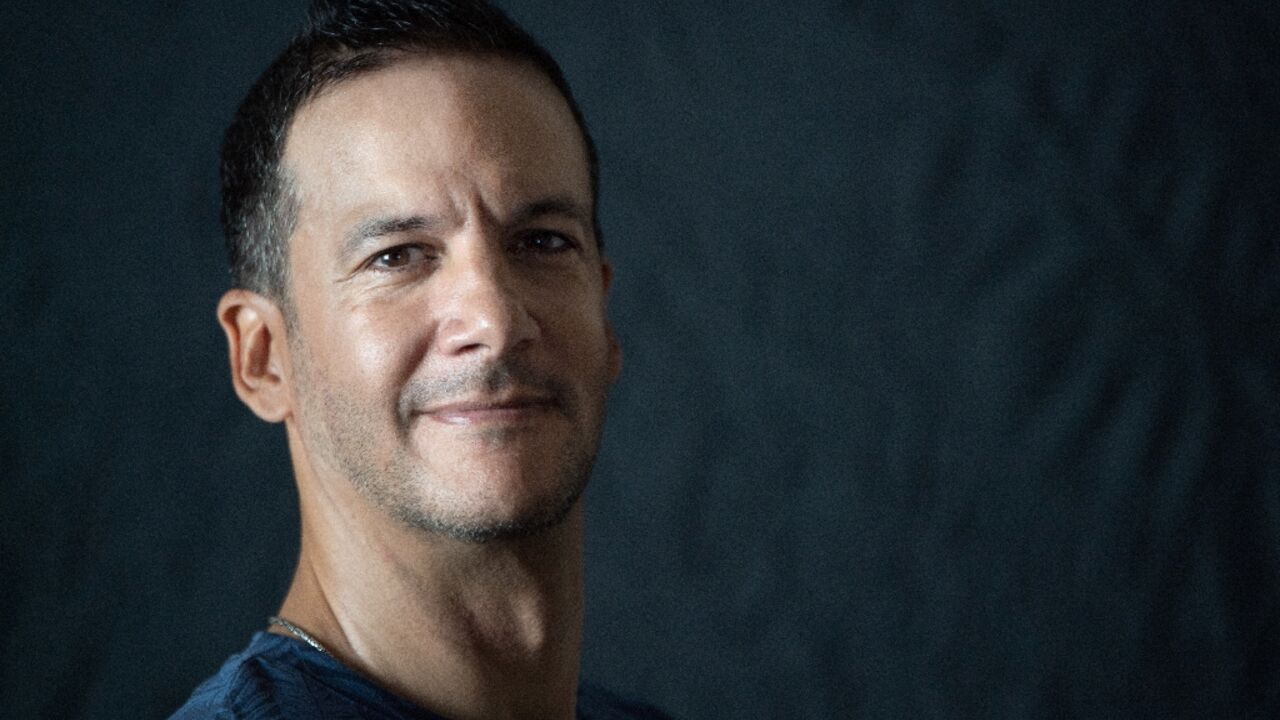
Tunisian freediver Walid Boudhiaf, the Arab world's only international champion in the sport and a one-time world record holder at 150 metres, is eyeing new achievements and hopes to expand the sport in his home country, where "thousands practise it without even realising".
During a recent visit to Tunisia, the 46-year-old, who spends half the year in Colombia and the other half training in the Bahamas, shared his remarkable journey with AFP.
Though he grew up in Tunisia, where he spent most of his summers by the sea, Boudhiaf didn't discover freediving until later.
His father, a Tunisian university professor, and French doctor mother were both "sea lovers" and taught him to swim at the age of three, later introducing him to spearfishing.
By his mid-20s, freediving came to him a continent away and nowhere near the sea -- "by chance in a pool in Bogota", the Colombian capital that sits over a thousand kilometres (620 miles) from the Pacific Ocean.
Boudhiaf initially took up underwater rugby, which, he said, proved "not aggressive enough".
His coach had then noticed his ability to control his breath, which years later would help him achieve a personal record of seven minutes 38 seconds.
Boudhiaf said living in Bogota at 2,600 metres above sea level has also helped develop "excellent cardiovascular conditions" by stimulating red blood cell production due to the low oxygen levels.
He then began training up to six hours a day, he said, while balancing a job as a computer engineer.
"I stopped going out," he recalls. "All I did was train."
- World record -
Boudhiaf entered his first competition in Marseille in 2007, but it wasn't until 2012 that he was able to fully dedicate himself to freediving, following a "last job in the Canary Islands, where I went to be closer to the sea".
Today, thanks to sponsorship from Tunisian companies, he can finally make a living from his passion and also organises workshops and conferences based around the sport.
In Egypt in 2021, he gained international renown when he set a world record at 150 metres in the variable weight category, which requires using a pulling rope on the way down and fins to go back up.
He said he was inspired by Luc Besson's 1988 film "The Big Blue" that put freediving on the map, and the achievements of legendary diver Umberto Pelizzari.
"It was a dream that I had since I watched 'The Big Blue' and saw Umberto Pelizzari's records," he said. "One hundred fifty metres is a symbolic frontier, a testament to human potential."
Boudhiaf was also crowned world champion in 2022, diving to 116 metres in free immersion apnea timed at three minutes 54 seconds.
After collecting several medals at the Deep Blue competition in Dominica this past April -- one gold, two silver, and one bronze -- he has been training for the 2025 Vertical Blue, an elite freediving competition held in the Bahamas, which he calls "the Wimbledon of freediving".
He is hoping to beat the constant weight record of 136 metres, currently held by Russia's Alexey Molchanov, who broke Boudhiaf's variable weight record with a depth of 156 metres in March 2023.
- 'Everyone can do it' -
Beyond competing and pursuing records, which "have ups and downs and challenges to maintaining peak performance", another focus of Boudhiaf's is growing the sport in Tunisia.
"Many Tunisians are already practising it without knowing it, through amateur spearfishing, which is a form of freediving," he said, referring to Tunisia's long-standing traditions of sponge diving and coral collecting.
Additionally, interest in pool-based freediving is growing, he added, especially at the Rades Olympic Complex near Tunis.
"I'm motivated to provide more support," Boudhiaf said, adding that the sport required little resources and equipment and that it "isn't a sport for the wealthy".
While Egypt, Greece or Turkey are better for competition-oriented training with "very deep spots close to the shore" in the Mediterranean, according to Boudhiaf, Tunisia is still suitable for "recreational freediving".
"You don't need to dive 100 metres," he said. "At 20, 30, or 50 metres, beginners can improve and even reach an advanced level."
Freediving is also "the most natural way to observe and interact with marine life," he added.
Breathing techniques also promote good health, he said, because the exercises can help manage stress.


